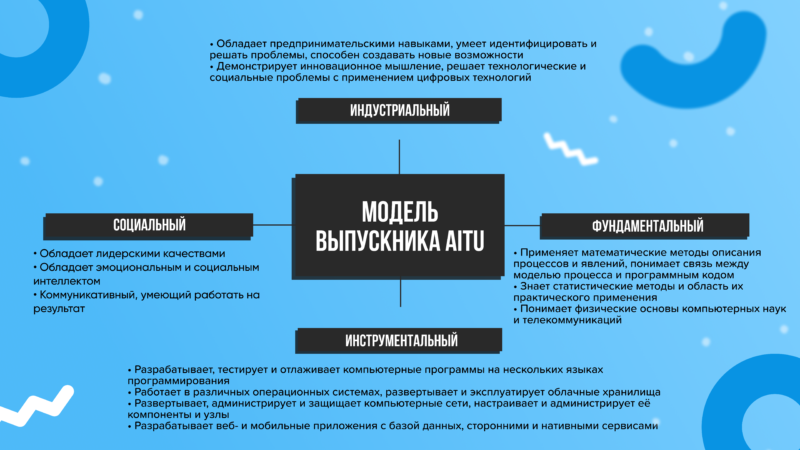The course is aimed at developing an understanding of the main sections of micro and microeconomics: consumer behavior, producer behavior, market structures, welfare economics, the theory of asymmetric information; the subject and methods of macroeconomics. The subject of the discipline is macro and micro economic indicators and their interrelation, general macroeconomic equilibrium, consumption and savings, money market, capital accumulation and economic growth, state budget and its structure, balance of payments and its structure, international trade and trade policy, etc.


